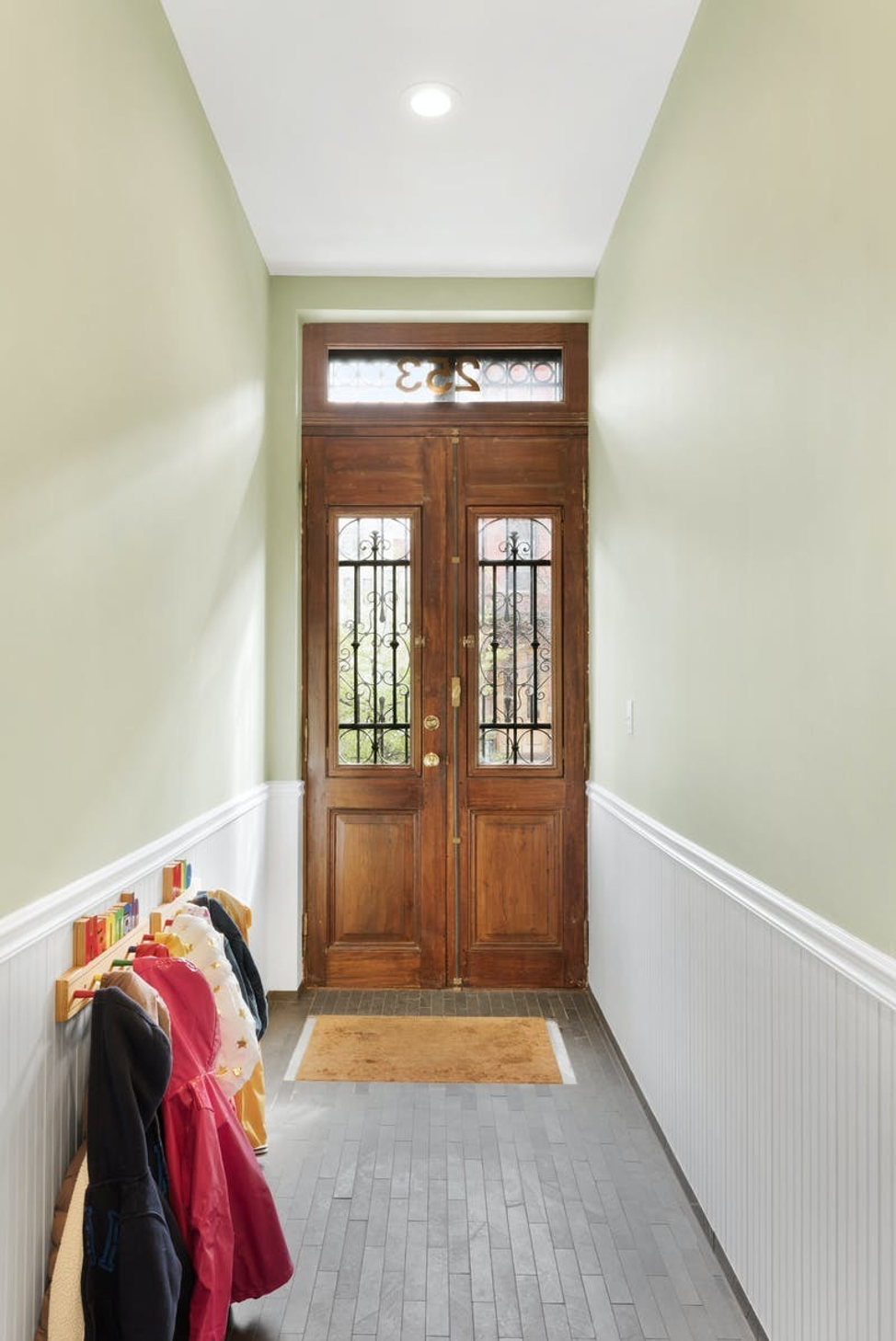On June 8, 2020, New York City entered Phase 1 of a four-part reopening plan since the Novel Coronavirus (COVID-19) outbreak was declared a global pandemic by the World Health Organization. The city and state have been under a stay-at-home order since March 22, 2020, to flatten the curve and stop the spreading of the virus from person to person. Millions of New Yorkers have been quarantined mainly in their apartments for over three months now.
In early May, Governor Cuomo explained that the state would reopen in four phases once the virus appeared to be somewhat under control. The state was split into 10 regions, and seven metrics were created to determine when and which regions could begin to reopen. The metrics are summarized as follows:
- A 14-day decline in hospitalizations OR under 15 new hospitalizations (3-day average) depending on the region.
- A 14-day decline in hospitalized deaths OR under 5 new deaths if (3-day average) depending on the region.
- New hospital admissions, under 2 per 100,000 residents (3-day rolling average)
- Share of total beds available at least 30%
- The percentage of ICU beds available must be at least 30%.
- 30 per 1,000 residents tested monthly (7-day average of new tests per day)
- 30 contact tracers per 100,000 residents or to meet the current infection rate.
The first regions in New York began reopening almost a month ago, on May 15, 2020, With New York City being the most populous region in the state, it’s not surprising that it is just now entering phase one of the reopening plan.
This week, NYC was the last region in New York to enter into phase one of the reopening plan. It’s expected that in NYC, up to 400,000 people returned to work this week alone.
Likewise, on Monday, the New York City subway resumed regular service. However, the system will remain closed each day between 1 a.m. and 5 a.m. for nightly disinfecting and sanitizing. To help keep the spread of the virus down, the MTA has implemented some changes effective immediately. First, the subways are still for essential workers and essential trips only. Next, all workers and riders are required to wear masks. Foot pedaled hand sanitizer dispensers will be available at several stations. Additionally, the platforms will be monitored by both the MTA Police and station personnel to enforce social distancing and prevent crowding.
What does all this mean for the Real Estate Industry?
As detailed below, the majority of the real estate industry will reopen during Phase 2 of the four-part reopening plan. As things open up, people began to move, and life slowly resumes back to normal, we are hopeful that the local real estate inventory will increase together with more sales transactions. Additionally, check out my previous thoughts on why multi-family homes and townhouses are becoming more attractive in this current environment.
A Breakdown of the Phases
Starting with phase 1 and for the foreseeable future, no meetings or gatherings are allowed at the workplace. Employers must provide masks, which must be worn when employees are within six feet of another individual. Buyers and customers in retail stores must wear masks, and preferably wear gloves. Hand sanitizers must also be available
Here’s a brief breakdown of what is allowed to reopen during each phase:
PHASE ONE
- Agriculture, Forestry, Fishing & Hunting
- Construction
- Landscaping
- Manufacturing
- Retail Trade for delivery, pickup, or curbside services only.
*For in-store pick up where curbside is not an option: pre-arranged orders only. No browsing allowed in stores and social distancing rules must be followed.
PHASE TWO
- Administrative support
- Building appraisers & inspectors
- Commercial Building Management
- Hair salons and barbershops
- Higher education administration (excluding full campus reopening)
- In-store non-essential and essential retail businesses
- Nonprofits
- Offices
- Outdoor dining
- Places of Worship with only 25-percent occupancy
- Professional services
- Property management firms
- Real estate
- Real estate salespeople/brokers
- Retail rental, repair, and cleaning activities
- Technology
- Vehicle sales, leases, and rental activities
PHASE THREE
- Hotels and accommodations, including dining spaces
- Personal-care services can reopen, which include nail salons and massage parlors.
- Restaurants and food services
PHASE FOUR
- Arts and entertainment
- Broadway
- Education
- Museums
- Performance venues
- Recreation
*Regardless of phases, beginning June 26, graduations for up to 150 people can begin as long as social distancing rules are followed.
Schedule a call with me here if you have any interest in obtaining a complimentary valuation for your home or buyer consultation.
Connect with me on Linkedin or Instagram for more information on the townhouse and multifamily market.
Authored by: Stanley Montfort
To see townhouse inventory, click here.




